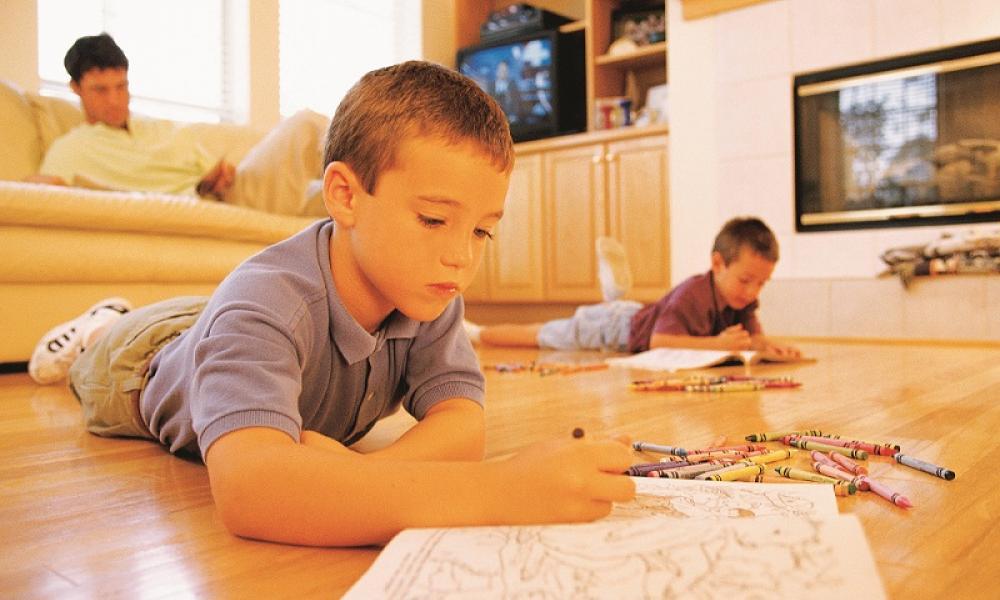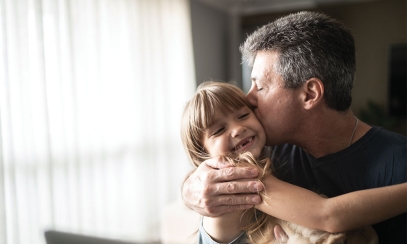
Parenting: How to Teach Your Kids About Ownership
"It’s mine!” “But I was playing with it first!” Parents often find themselves negotiating property disputes. Professor Hildy Ross at the University of Waterloo observed sets of preschool siblings for nine hours and found that property disputes arose, on the average, every 15 minutes! She watched how property disputes were handled. Ownership generally took precedence, but many toys were “family toys.” In those cases, the child using the toy felt entitled to continue playing with it. Other psychologists point out that parental intervention is beneficial when the children are preschoolers – offering alternate toys or ways to expand the activity so both children are included.
As children get older, they gain social skills and learn to negotiate the conflicts on their own. By owning toys, children have the opportunity to share. Co-ownership of a game requires responsibility, because unless everyone puts every piece away then it can’t be enjoyed. Respecting property begins with the care of one’s own belongings and family possessions, and then it expands into other contexts.
Teach by example. “I applied my heart to what I observed and learned a lesson from what I saw.”(Prov 24:32) During one of my childhood summers, we rented a cabin and spent a week in the mountains. On the last day of vacation I was ready for one more day of fun when my mom said, “Remember, we need to leave this place cleaner than we found it!” Children learn lessons as parents teach incidentally, going about daily life. Is a loaner car treated with the same respect as the family car? After a barbeque at the park, does the family double check to make sure no trash is left behind? If grass seed is sown in autumn for next spring, do the parents avoid taking that shortcut across a neighbor’s lawn.
Nurture a sense of gratitude in your children. “Let the word of Christ dwell in you richly ... as you sing psalms, hymns and spiritual songs with gratitude in your hearts to God.” (Col 3:16) Help your children develop the skills to express appreciation for what they receive from others, such as writing “thank-you notes” when they receive Christmas presents and birthday gifts. As young people develop grateful hearts, they are able to recognize the good intentions of others, rather than focusing on whether they like particular gifts. Gratitude for what they have been given fosters respect for the property of others.
Respect for property also includes an appreciation of earth’s wonders. The Catechism notes that, “The beauty of creation reflects the infinite beauty of the Creator ... ” (CCC 341) Thankfulness for God’s creation inspires stewardship and care of the environment.



